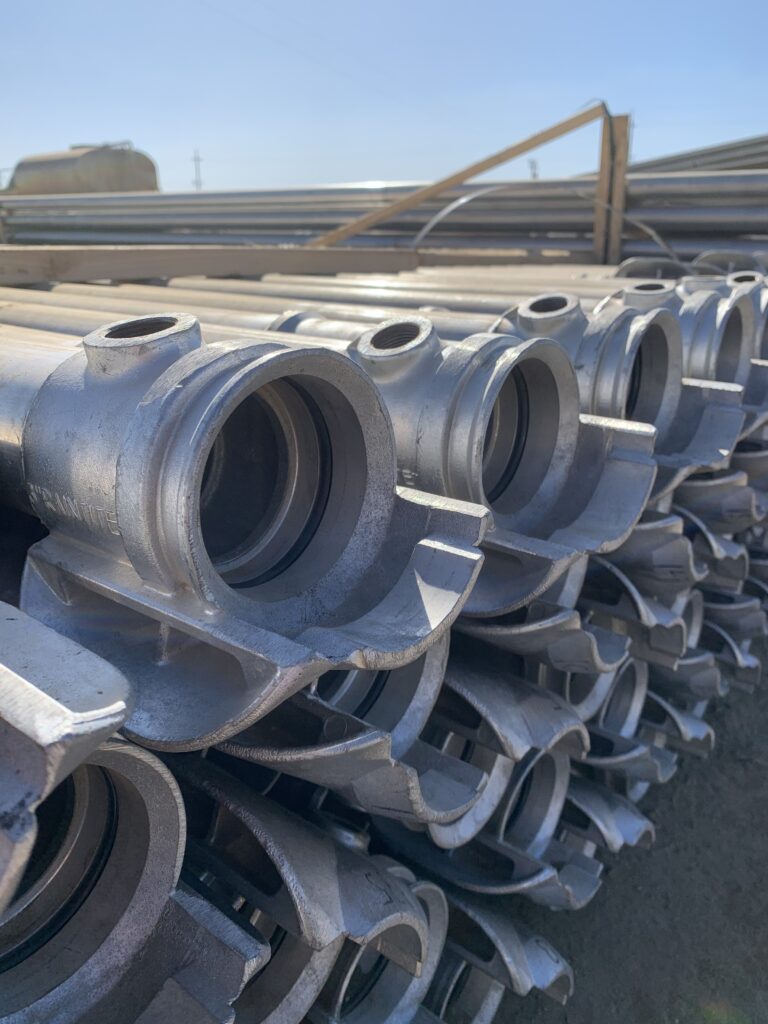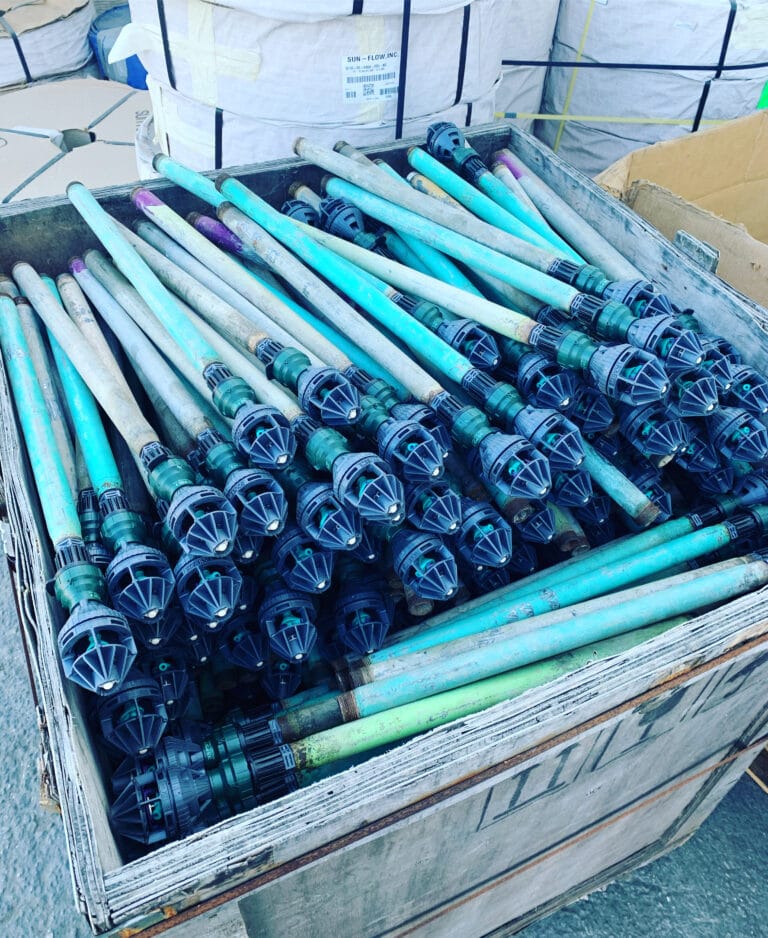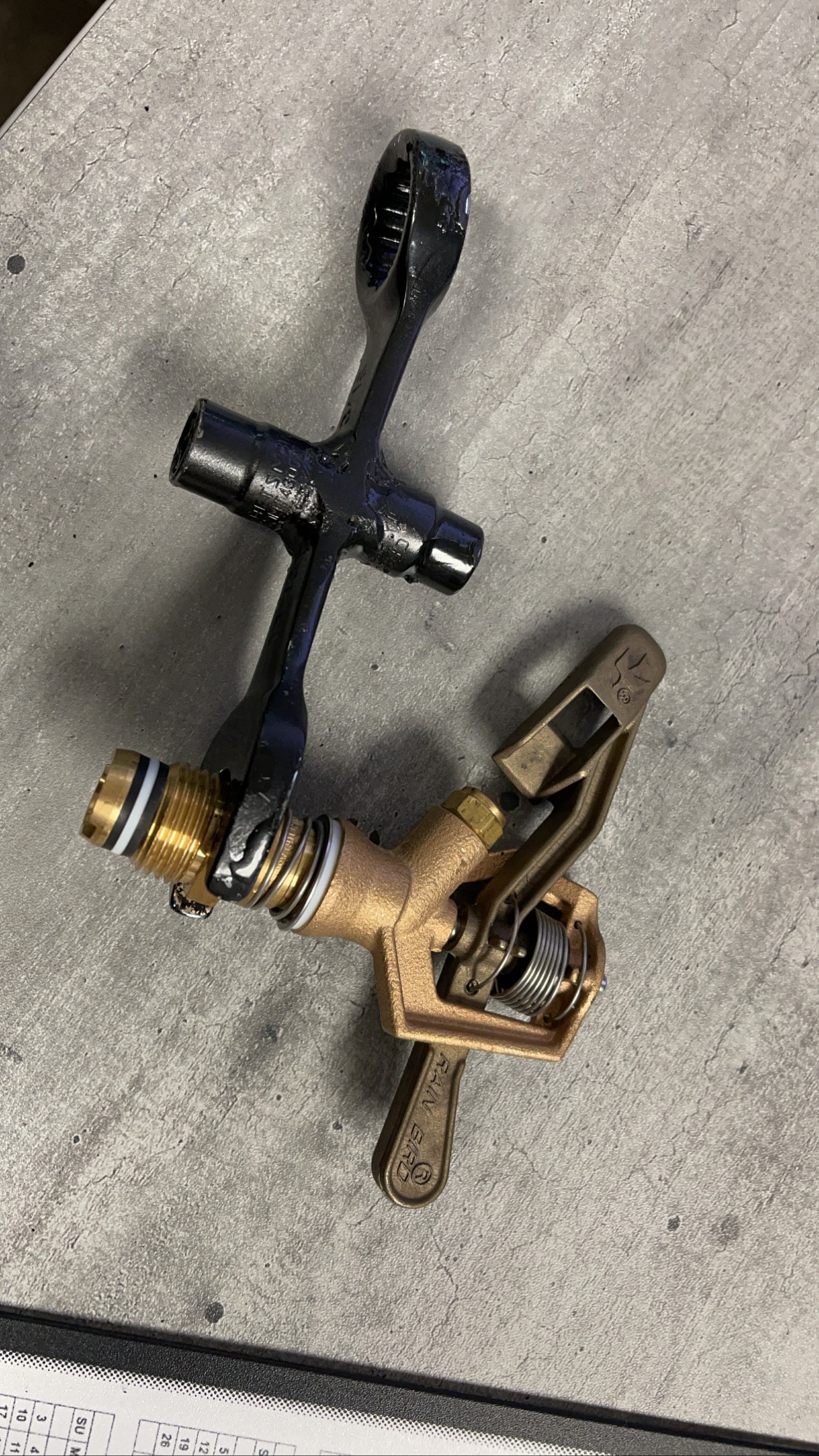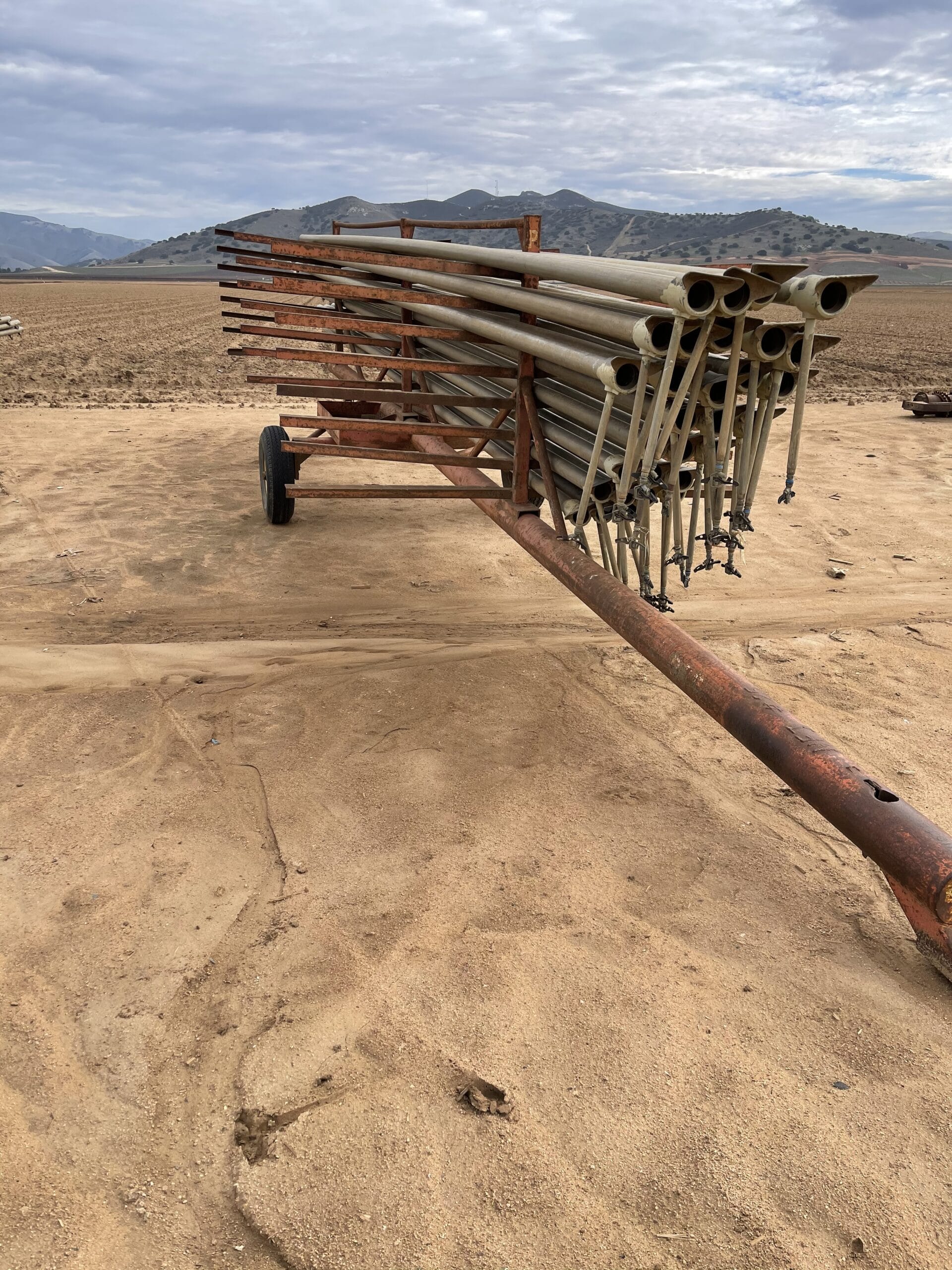Michael D Pemberton
Michael D Pemberton was raised in the Salinas Valley and knows the ins and outs of the agriculture community. She started her career at a local agriculture equipment dealer before moving to the world of irrigation. Working the counter of an irrigation dealer she helped growers with their day to day irrigation needs. She soon transitioned to outside sales and quickly become the go to person for sprinkler irrigation rental and sales. Today she pairs her knowledge and experience of sprinkler systems to assist growers with their complete system needs.

































3 Responses
Awesome job MD!
This article explains the sprinkler irrigation system very well, especially about the brass impact sprinkler, which I didn’t know of. Automat is one of the world’s largest manufacturers of Irrigation Sprinklers.
Good to read! Thanks for sharing information about sprinkler irrigation in the Salinas Valley. In my opinion, the certalok yelomine pipes are widely used in many areas because of its high pressure performance and strong resistance to corrosion. Keep sharing more information!